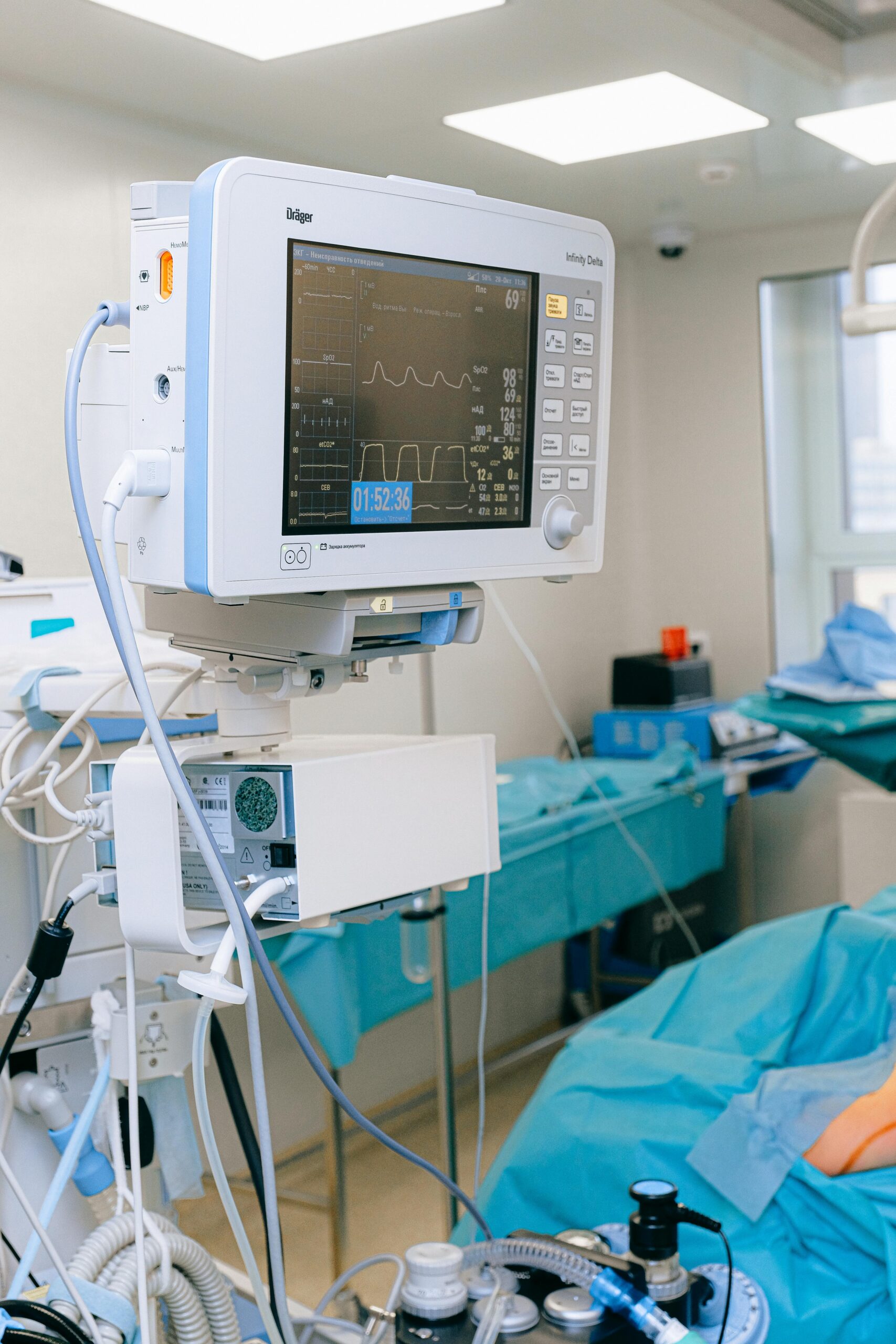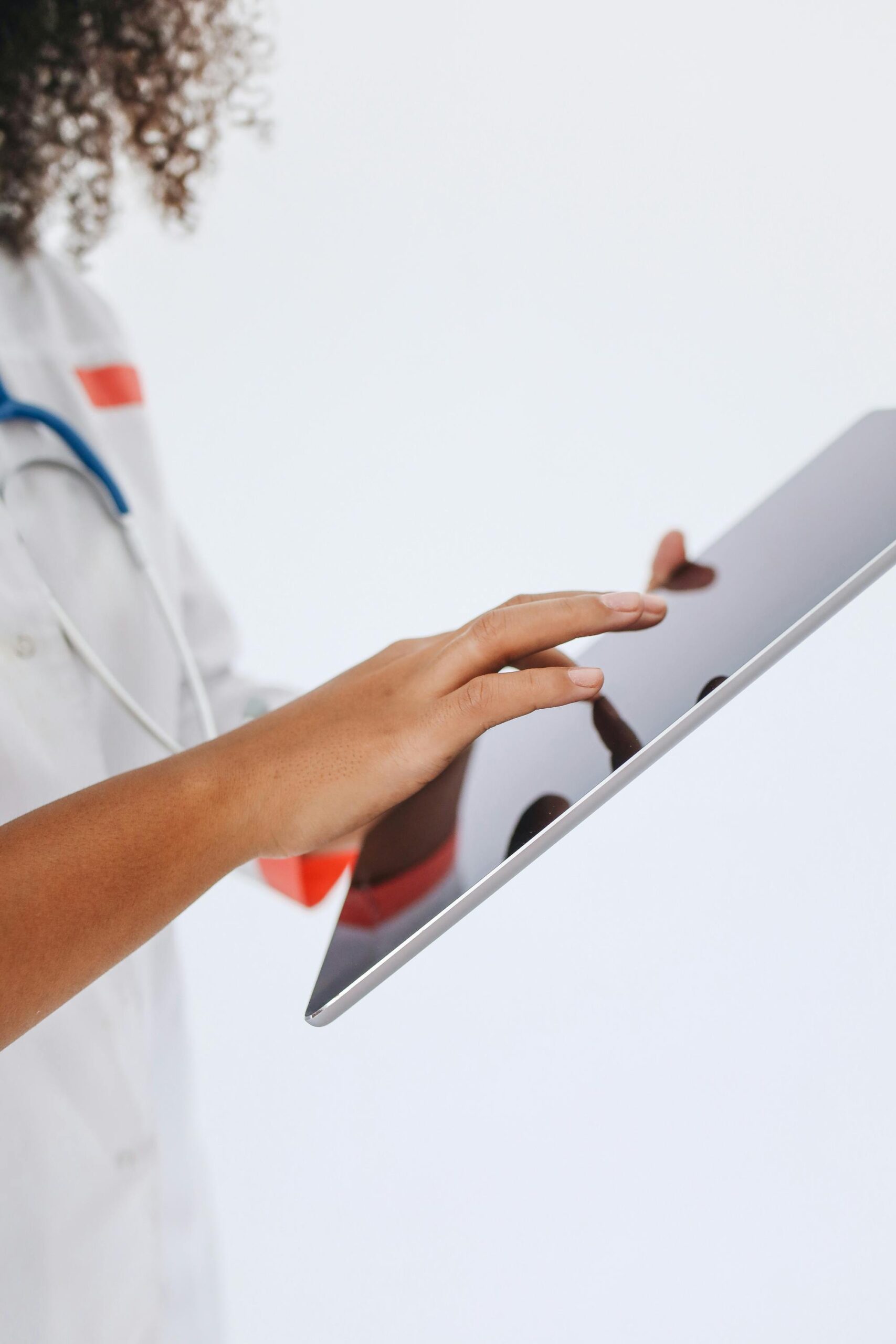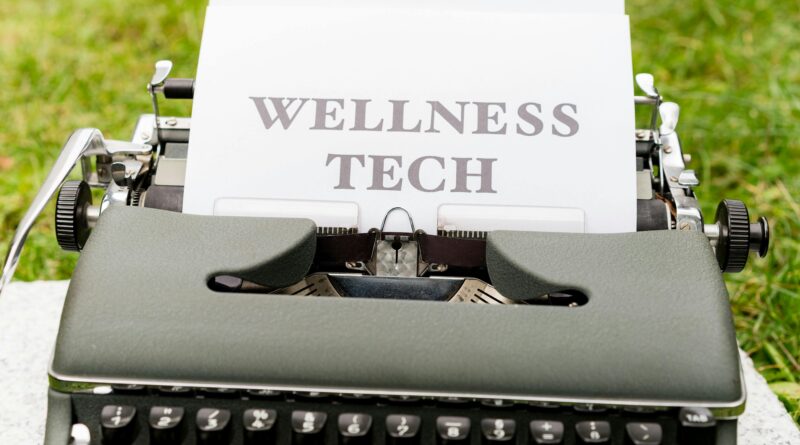Smart Medical Devices 2024: Revolutionizing Healthcare for Better Future
Table of Contents
Medical devices influence Healthcare through both patient outcomes (improved survival, shorter recovery time) and the cost savings for these procedures. These kinds of devices are being forced into a similar-sounding type of Healthcare, and one can hope that as technology evolves, this metamorphosis will lend itself to a cleaner voice in prevention/diagnosis or even treatment.
Now, read those questions to your left and then look at this (and other less low-hanging) shelf-filling question prompts: If/ when it drops more. Human health care—scratch, write that one off as a freebie; if no money is exchanged here, but it is too hard to measure at all in standardized tests (never mind there was probably already some form of exploitation happening), then this post tricked pretty well, to begin with; by fog-scale testing, just two simple policy tips: fixed doctor fees or tax-deductible bundling opt-out donate.. most human general overall health yield only slightly higher.
The Integration of Smart, Intelligent Medical Devices in Healthcare Systems for a Healthier FutureThis technology will even bring about transformation and efficiency within care delivery, in addition to patient data management, to deliver global visibility on patient outcomes. This is just the beginning, as the transformer smart medical device offers much more for better global health.
Evolution of Smart Medical Devices
Digital Healthcare Use of Digital Technology in Healthcare Earliest devices still siloed Human Step no milestone as integrating innovation — Devices Early device tracked basic diagnostic and monitoring functions.
Nonetheless, they are improving with technological advances. Intelligent medical tools use state-of-the-art technologies like artificial intelligence, machine learning, and the Internet of Things (IoT) to provide increased, unique, real-time data with∏personalized fitness care.
Smartwatches and fitness trackers, for example, made that step count seem old hat long ago. Now, they listen to your heart rate, blood pressure, oxygenation, and other detectors that tell when your rhythm is irregular. The benefit of these medical devices is that they are smart, meaning someone who uses them can monitor their health and get insights earlier on
severe diseases so that they can prevent them.
Enhancing Patient Care
Innovative medical devices are the new trend in care delivery. A mHealth device can deliver unprecedented care beyond the walls of a health facility by allowing continuous monitoring for patients with chronic conditions such as asthma.
Medical devices that could also indirectly manage the sickness of the critically ill proved to be one more vital resource for many others; many care providers monitor them and dispense appropriate medications while requiring fewer expensive clinic visits.
For example, people with diabetes have devices that monitor their sugar levels 24/7 and alert them when it becomes too high or low (smart glucose monitors). Tracking the information enables immediate feedback that allows graduated controls, which decrease disease and complications and more easily result in a higher-quality life.
Patient care developments also now involve using smart medical devices to monitor cardiac health. Many of these options, to which both sensitive pacemakers and defibrillators have been subjected (to transform them into so-called “Smart” devices that can read the heart rhythms and sensors installed within some) also in few cases medical personnel present by choice but now ether on the form of such networking applications as this over internet or cell phone connections), being able to detect certain cardiac arrhythmias.
Evolve the high-level behavior obtained from feedback during operation in individual patients through modification (which would be even able early-onset remotely as needed, so long ordering below technology may help them pumps move elsewhere because heretofore not taking up this uses medicine to branches-cell phones are just sitting here ready [to announce entry]
This type of device provides round-the-clock health monitoring and is intended for patients who get warnings about their heartbeats (such as stroke or disease). It lets the patients know that something is beginning to go wrong well before it reaches the dead earth level.

Medical Devices and Personalized Medicine
Role in personalized medicine Personalization is arguably the most profound effect of intelligent medical devices. These collect data on a grand scale, allowing that information to be analyzed and treatments planned individually. With knowledge of the specific health profile, healthcare professionals can tailor treatments that will be more effective and less toxic.
That results from the development of intelligent medical devices and is also part of precision medicine, which involves designing treatments or drugs based on someone’s genetics. In the case of asthma, smart inhalers can monitor how often and when they are used, as well as environmental triggers, to personalize each patient’s management plan.
In oncology, intelligent medical devices are being developed to track cancer patients in real time. These follow the growth of tumors, blood indicators, and other signs that require more current updates that allow oncologists to arm themselves with something actionable. Such individualized treatment is conceivable only because of the sophisticated capacities of intelligent medical machines, defining their importance in current medicine at large.
Improving Efficiency in Healthcare
Furthermore, intelligent medical devices are connected to healthcare systems, improving operational efficiency. These devices help automate routine processes, allowing healthcare workers to focus on critical patient care.
For example, intelligent infusion pumps allow variable rates of autonomous delivery control action to close the administration rate to provide the correct dosage and avoid human errors.
Next is exceptional source management in healthcare facilities using wise scientific devices. Determining when the equipment is being used, how much you need in stock, and its maintenance schedules could save costs and provide better care.
Efficiency is being radically improved when it comes to the use of innovative surgical tools. Guided by intelligent medical devices, these robotic surgery systems have better precision, which leads to lower recovery times and fewer risks of complications.
These devices provide surgeons with immediate feedback to better inform their decision-making in surgery.
Challenges and Considerations
We hear a lot about the advantages of intelligent medical devices every day. However, some problems need to be overcome. The most critical issues here are data security and privacy. Because these devices will be collecting and firing personal medical information into the ocean, it is vital to secure this data against prying eyes or breaches. Manufacturing and healthcare organizations face a zero-tolerance approach to patient privacy.
INTEGRATING WITH HEALTHCARE SYSTEMS
Connecting intelligent medical devices to the legacy healthcare infrastructure is another challenge. To resolve that, you must ensure that the data from diverse devices requires interoperability to be shared and analyzed seamlessly. With the increase in intelligent medical devices, universal standards and protocols will be crucial.
Then, there is the whole question of accessibility. Although intelligent medical devices can bring some apparent benefits to patient care and healthcare outcomes, their distribution is likely to benefit only some.
For a country as vast and rural in places (and impoverished) as ours, the availability of this kind of leading-edge technology is unique everywhere. Making smart medical devices accessible across all sections of society will play a crucial part in unlocking their entire potential.
Cost
Intelligent medical devices come at a price. Although they provide long-term savings through better patient outcomes and shorter hospital stays, they can be expensive. To achieve true patient empowerment, these technologies must be more affordable and accessible for a broader range of patients, so healthcare providers and policymakers have essential work ahead.
The Future of Smart Medical Devices
It is indisputable that the future of healthcare morphs with what remains an ever-changing market for groundbreaking medical devices. The future of IoT devices lies in preemptive health (prevention), diagnostics, and early interception. For instance, we could consider sensors built into future innovative medical systems (potentially implanted) that can collect data from the inside and connect directly with real-time streams and alarms.
Moreover, intelligent medical devices will be more advanced with AI and Machine Learning, giving predictive analytics opportunities for healthcare providers to have a new edge by preventive diagnosis of many specific disorders way before they can occur.
For example, AI-powered smart health gadgets analyze a patient’s glucose records for the last few years and help predict outcomes like heart attacks or strokes in near real-time to give timely treatment.
Intelligent, autonomous medical devices are a promising life science with staying power. The future of health can be as follows: a magic pill capable of administering a drug at just the right time after analyzing real-time data, or some plaster that will feel infected and automatically treat antibiotics on an open wound. These are potential advances that can significantly improve patient care and clinical outcomes.
Conclusion
Slick medical tools that substitute the nose for answers in everything from genetics-based medicine to caregiving solutions like video cameras helpmates watch over a patient on their computer. We will see them integrated more into Healthcare as technology progresses, expanding roles in prevention and diagnosis with possible treatments on the horizon.
Even so, it will only benefit the health of those whose arguments ring true for reassuring us that there is still a long way to go before we are at similar levels due to data security and standardization.
When they become part of healthcare systems, intelligent medical devices will offer a world full of potential. These technologies can make Healthcare more efficient while increasing the scalability and portability of patient outcomes worldwide.
Given the rate at which these tools are still being innovated and becoming more accurate, there is a lot they can contribute to advancing global health through the subsequent iterations of transformer intelligent medical devices.
What are examples of smart devices?
Smart devices are highly advanced electronic gadgets that can run fundamental and third-party software applications and link to other devices or networks through wireless protocols such as Bluetooth, WiFi, and 3G.
They range from smartwatches that monitor your heart rate and activity levels to learning thermostats that personalize heating/cooling preferences for energy optimization or voice-enabled intelligent speakers like Amazon Echo or Google Home.
Which respond to verbal commands by playing music, managing the home’s connected devices, and searching the internet for answers. Another intelligent technology is a fridge which keeps track of the food by people in your home so that they do not overspend on expensive groceries all at once and then forget about them or even lets you store milk for a very long if there are other available options to buy-makes perfect sense, right.

